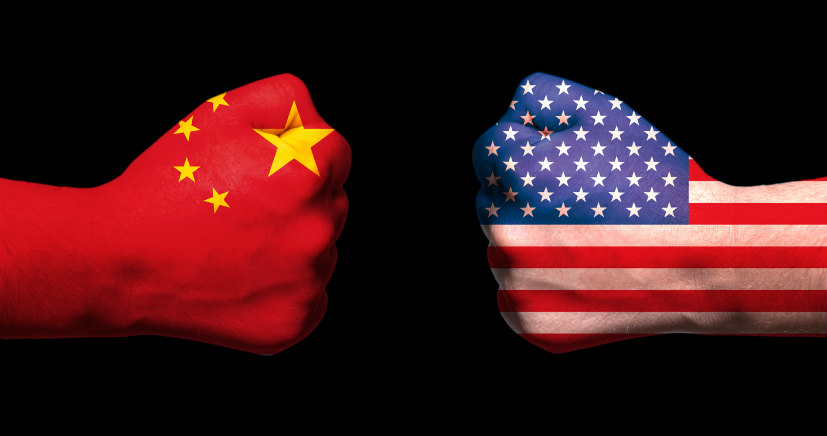TikTok makes the USA’s case for it.
- The chances of TikTok coming under severe pressure have increased with the passage of the bill through the House of Representatives and with TikTok’s recent actions offering a clear demonstration as to why the bill has been put together in the first place.
- The bill gives ByteDance 180 days to divest TikTok to prevent it from being banned from app stores and it passed the House by a large 352-65 majority which will encourage the Senate to take the bill seriously.
- At face value, the bill is being presented to prevent data on US citizens from falling into the hands of the CCP, but I think that the scope of this bill is much wider.
- The USA and China are currently engaged in an ideological struggle which is currently being mostly fought via the technology industry.
- The first battle has been fought and largely won by the USA by restricting China’s access to advanced semiconductors and thereby hobbling its ability to sustainably make advanced semiconductors.
- Note the use of the word sustainable, as China can make leading-edge semiconductors, but it has to do so on older equipment.
- This is so expensive that China will be unable to go beyond leading-edge semiconductors for propaganda and PR purposes in my opinion.
- This is especially the case as China’s economy is hardly doing particularly well at the moment which, combined with the crisis in real estate, will make it very hard to find billions to subsidise the huge losses that result from making leading-edge semiconductors on old equipment in volume.
- The problem for TikTok is that it looks like its efforts to have the bill fail either in the House of Representatives or the Senate have had the opposite effect.
- TikTok’s reaction was to send a notification to every one of its 170m US users with the name and contact details of their House representative urging them to call and protest the proposed ban of TikTok.
- The problem here is that this message was in itself misinformation as the bill is not a ban of TikTok and as such serves as a great example of just the sort of thing that the bill is trying to stop.
- Furthermore, TikTok’s allegation that the livelihoods of creators are at stake is also false as there are plenty of other places for these creators to post their work (Reels, Snapchat, YouTube Shorts etc).
- I suspect that if TikTok were to cease to exist, then all of the TikTok traffic would move over to these other properties and business would continue as before after an adjustment period.
- Consequently, I think that the bombardment of congresspeople and senators with misinformed phone calls may have swayed many to vote for the bill rather than against it so as to prevent this sort of thing from happening again.
- President Joe Biden has already said that he will sign the bill if Congress passes it, and so I think that there is a good chance that this becomes law.
- This is where all of the problems begin for TikTok as China has already said that it won’t approve the divestment and it will not allow critical algorithms to be in the hands of foreign-owned companies leaving the situation at an impasse.
- Hence, the most likely outcome now is that the bill becomes law, China digs its heels in, and creators begin to pre-emtively leave the platform and post elsewhere.
- Many creators already post their content in multiple places, but they do face a fall in views (and hence revenue) because TikTok is the best at matching viewers to videos.
- Banning foreign ownership of media assets is nothing new in the USA as Rupert Murdoch only became a US citizen so that he could own US newspapers and TV stations, so this is not a new situation.
- What is new is that once again under the veil, this is the ideological struggle between China and the USA being fought in another arena outside of semiconductors.
- It will greatly incentivise China to never be dependent on foreign technology again which will accelerate the balkanisation of the technology industry into two incompatible camps.
- Thus, the stage is set for the end of global standards which will be replaced with one for China and another one for the West with the rest of the world being forced to pick a side.
- The USA is doing everything it can to ensure that everyone else picks the Western standard and it is doing so by limiting China’s access to semiconductors such that its technologies are more expensive to implement and have lower performance.
- The problem for everyone is that a bifurcation of standards means a fragmentation of the global network which in turn means lower long-term growth for the technology sector overall.








